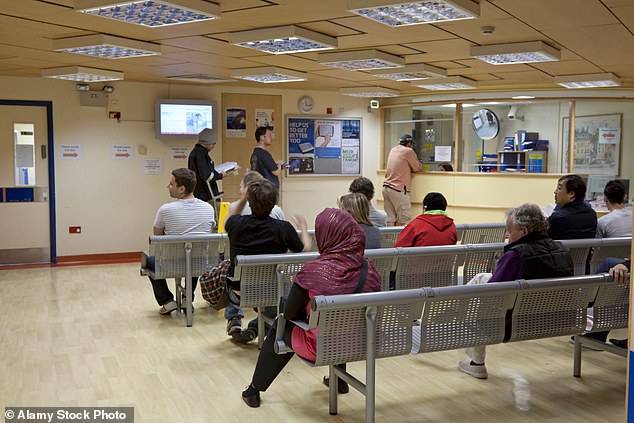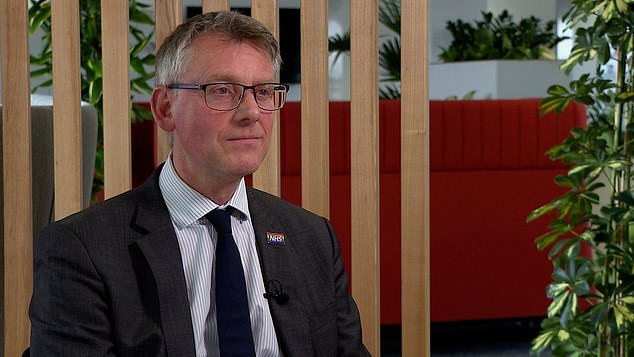- Report reveals 82 per cent of trusts are unable to meet demand for care for children under 18
Children and young people risk becoming a forgotten generation due to long waits for NHS care, health leaders have warned.
A report by NHS Providers found that 82 per cent of trusts surveyed were unable to meet demand for support for under-18s.
Mental health services, for example, came into contact with 5.3 million children and young people in 2023/24, 8.1 per cent more than in 2022/23 and 25.7 per cent more than in 2021/22.
Most long-term health problems develop during childhood; for example, 75 percent of mental health problems occur before age 24. “Therefore, intervening during this period is critical to improving health outcomes for young people,” the study states.
In addition to mental health support, the trusts provide services such as health visiting, speech and language therapy, neurodevelopmental services and autism assessment.
Health leaders have warned that long waits for NHS care threaten to create a “forgotten generation” of children and young people.

82 per cent of trusts surveyed were unable to meet demand for support for under-18s, according to a report for NHS providers
Leaders at almost all of the 95 trusts surveyed said demand for children and young people’s services had increased compared with before the Covid pandemic.
Waiting times for initial autism assessment were found to have increased in 86 per cent of trusts, with one saying the wait time had increased to 38 months, compared with around 14 months before the pandemic.
The main challenges identified were the increased complexity of patients and the severity of their condition, as well as insufficient contracting of services.
Lack of staff was also highlighted as a barrier to timely service delivery. And trusts reported that failure to provide adequate care affected staff morale and contributed to health inequalities.
Sir Julian Hartley, chief executive of NHS Providers, said: ‘We are in danger of seeing a forgotten generation of young people.
“Too many young lives are blighted by delays in accessing NHS care. Long waits have far-reaching consequences for a child’s social development, school readiness and educational attainment.”

NHS Providers chief executive Sir Julian Hartley (pictured) said long waits had “far-reaching implications” for a child’s social development and educational attainment.

Staff shortages were also highlighted as a barrier to providing timely services, with 95 per cent of trusts reporting an increase in demand for children’s services since the pandemic.
A Department of Health and Social Care spokesman said: “It is unacceptable that young people are not receiving the care they deserve and we know the waits are too long.
“We will provide mental health support in all schools and at walk-in centers in all communities.”

